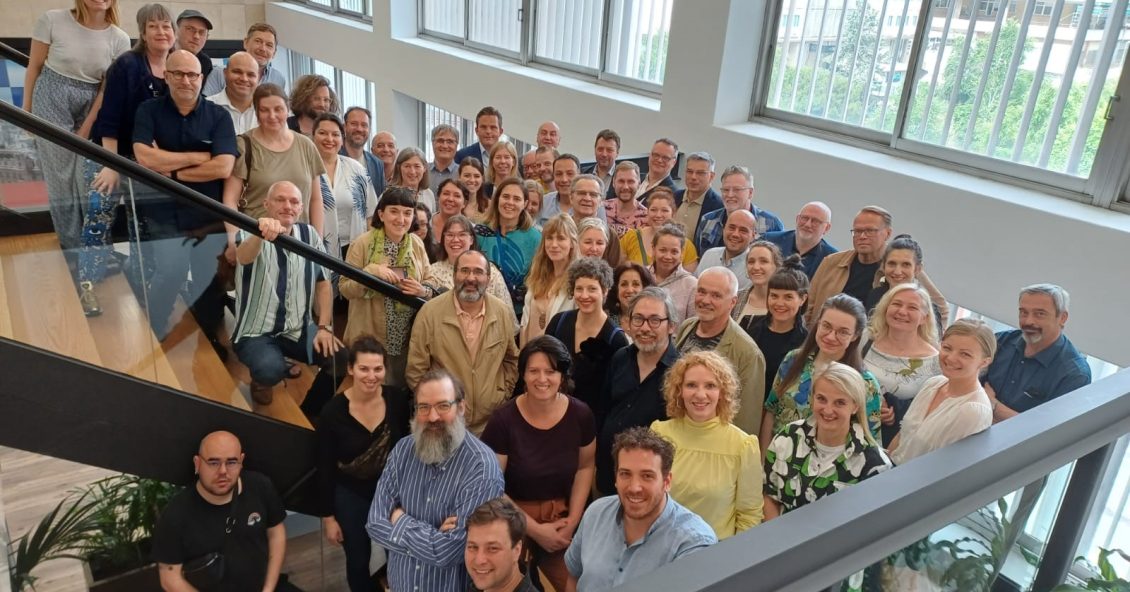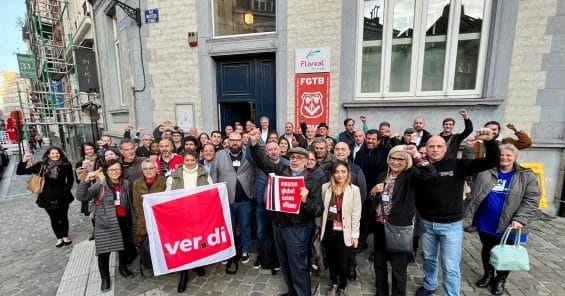Organizing freelance workers in the entertainment industry
26.06.23
A conference in Madrid earlier this month brought together global unions from the world of media, entertainment and arts to address the challenges faced by freelancers and self-employed people in the sector, and how to overcome the obstacles unions face in organizing these workers.
The meeting on 8-9 June, which included UNI Global Union, the International Federation of Actors, the International Federation of Musicians, and the European Federation of Journalists, was the culmination of a three-year EU project on atypical workers in the sector.
In many countries, freelance workers in the sector are not legally allowed to join a union or competition law prevents the workers from coming together to bargain collectively.
However, the conference addressed new EU guidelines on collective bargaining for solo self-employed workers, which remove the obstacle of EU competition law and will open up possibilities for unions to advocate and collectively bargain for these workers. Global federations were consulted in the drafting of the guidelines.
A key element of the conference was to determine the best strategies to engage with atypical workers effectively, particularly through digital means, and to ensure their rights and interests are represented.
New research, presented at the conference and to be published imminently, highlighted the effects of digitalization and new ways of working on atypical workers, particularly the impact on income and working conditions in the industry due to social media as well as the shift of a great deal of production to streaming platforms.
The EU project included a strong training element, which provided the participating unions with tailored one-to-one training on organising atypical workers. This allowed for them to build their capacities and resources, and the conference heard reports of successful campaigns and union growth.
“Being able to work together with our sister organisations over several projects has given us continuity to look in-depth into the issues around atypical workers and an opportunity to address the changes in the working environment,” says Johannes Studinger, Head of UNI Media, Entertainment & Arts sector. “We look forward to continuing our partnership in the future to build on successes and refine our joint strategies.”


